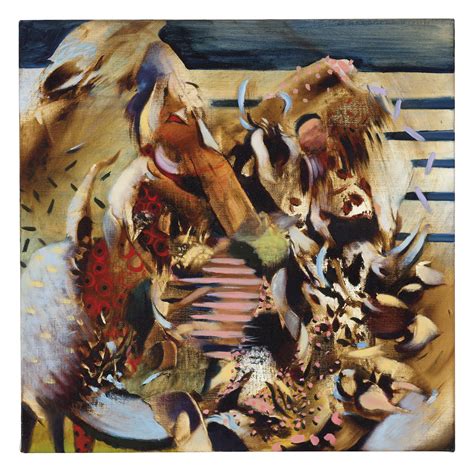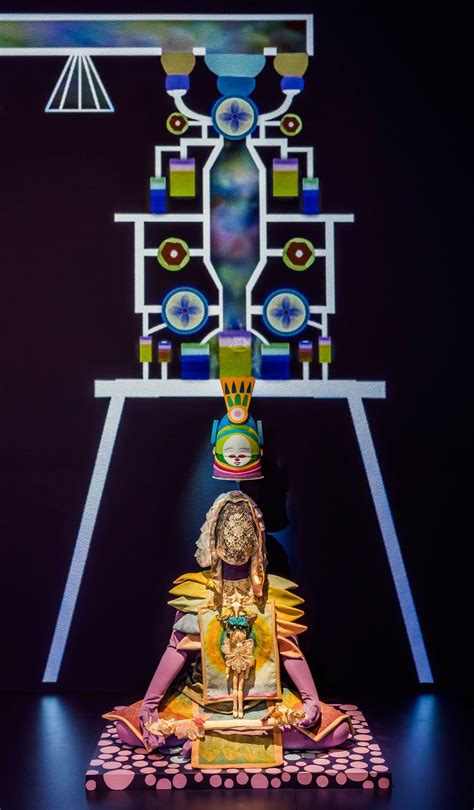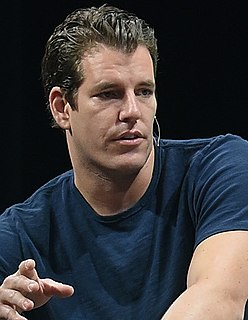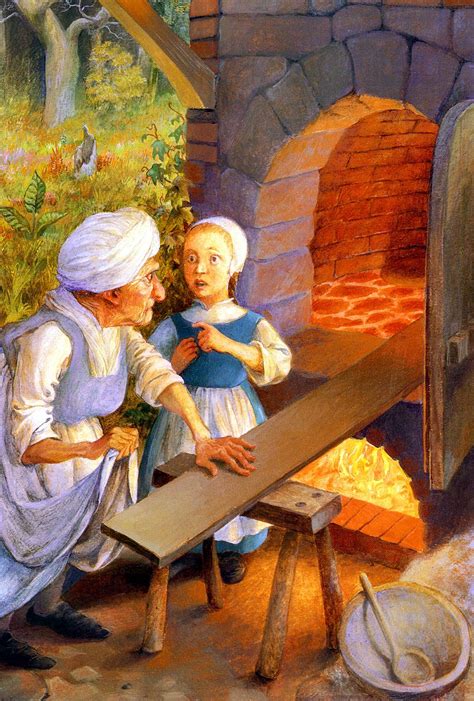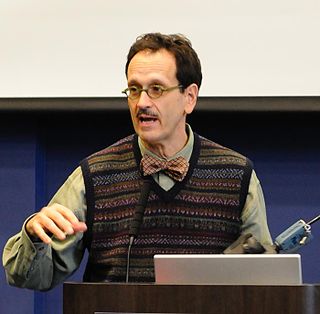A Quote by Julie Sweet
Digital is really two things. It refers to a set of technologies, everything from artificial intelligence to the use of e-commerce. But digital is really about a different way of working, of making decisions, of partnering and reaching your clients, and so it's also about how you do things.
Related Quotes
We decided to significantly change the nature of the services we are providing to our clients by creating, really, a digital-first company, and digital first in two main directions: first, being the leader in providing digital services to our clients and second, making Accenture the most digitalized organization.
I think that the artificial-intelligence people are making a lot of noise recently, claiming that artificial intelligence is making huge progress and we're going to be outstripped by the machines. But, in my view, this whole field is based on a misconception. I think the brain is analog, whereas the machines are digital. They really are different. So I think that what the machines can do, of course, is wonderful, but it's not the same as what the brain can do.
"Motherboard," for me, has four different levels: the bottom part is the water, vegetation, and growth. The second part is the world with figures and animals; there's chaos and civilization. The third part is the digital zone - these red things are turning into really loud digital sounds. Then the fourth level is like ether and things turning into air. This idea of how we're becoming partly digitalized is really interesting to me.
The digital age is for me in many ways about temporal wounding. It's really messed up our ontological clocks. In the digital economy, everything is archived, catalogued, readily available, and yet nothing really endures. The links are digital encryptions that can and won't be located. That will have to be reassembled over time. It won't be exactly what it was. There will be some slightly altered version. So the book is both an immaterial and material artifact.
Think about when a digital business marries up with what I'll call 'digital intelligence.' It is the dawn of a new era about being a 'cognitive' business. When every product, every service, how you run your company can actually have a piece that learns and thinks as part of it, you will be a cognitive business.
I have a bunch of calendars I used before I went digital. Every once in a while, I'll open up one from 1991 and look at all the names and appointments and things that, at the time, seemed so important. Meetings that I was really worried about, things that I was getting calls four times a day about, and I wonder, "Where did it all go? Where are they now?" It's so strange, everything has disappeared. The only thing that stays behind is the work.
The important thing to remember is it's not about balance; it's about integration... to really focus on making sure you're integrating all four aspects of your work, your family, your community and yourself. And it's not about trying to spend equal amounts of time on everything you do each day on each of these things, but making sure you're paying attention to all the things that make it up as a whole human being.



